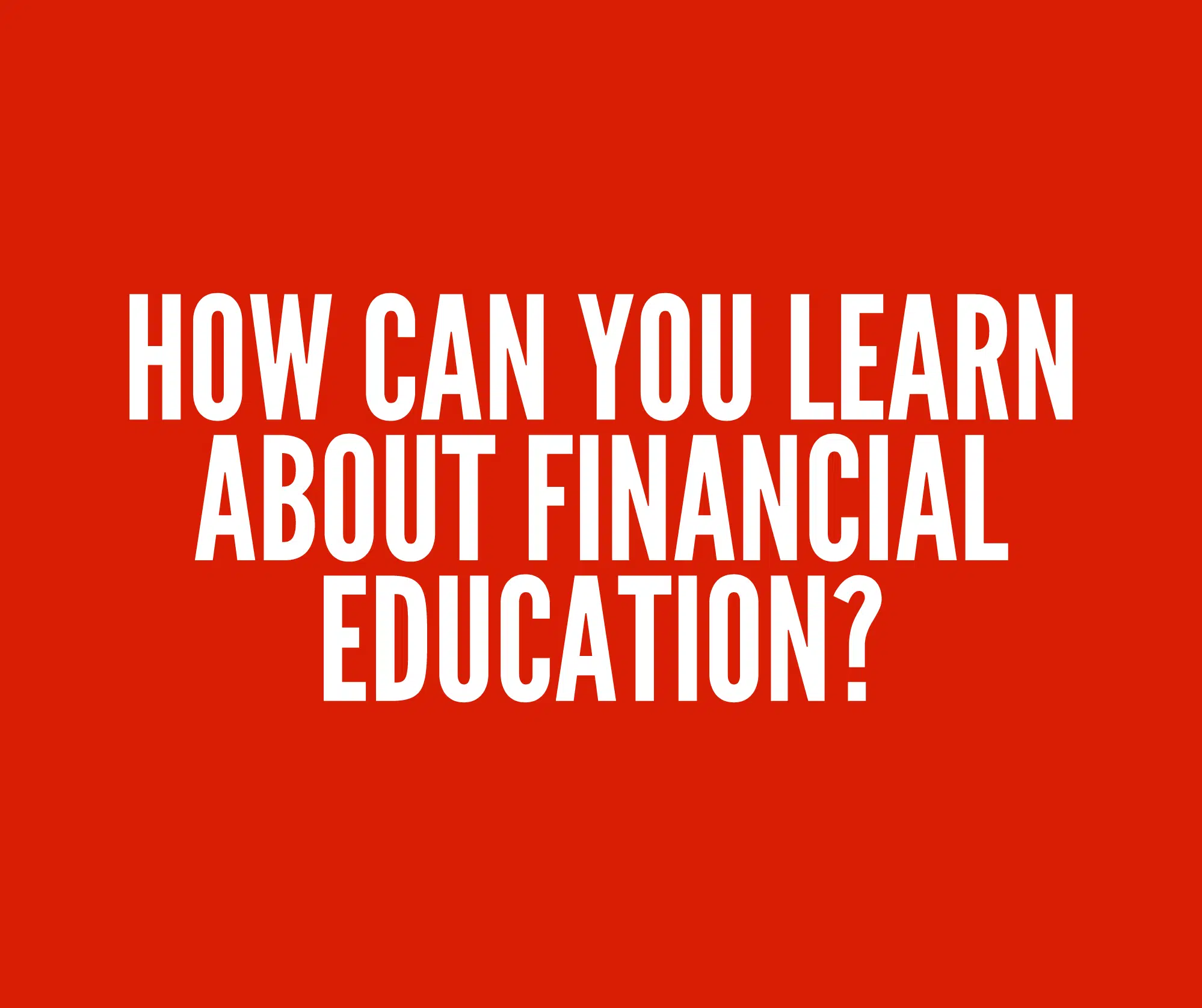Investing time in yourself for learning is the best tool for personal growth.
Read books and resources on financial education
There are numerous books, blogs, and websites dedicated to teaching financial education. Our MAPFRE ECONOMICS experts have prepared a recommended reading list for you.
Take online or in-person courses
Many institutions and educational platforms offer courses on financial education, including workshops. These courses will provide you with a learning structure and allow you to interact with experts in the field.
Follow financial education blogs and podcasts
There are a plethora of blogs and podcasts, such as our Economics Café podcast, that are dedicated to educating about economics and personal finance. Subscribe to some of these resources to receive regularly updated tips and strategies.
Consult reliable sources
Make sure you get information from reliable and recognized sources in the field of financial literacy. Follow the news from some of the most respected organizations in this field such as the World Bank or the International Monetary Fund.
Teach yourself
Learning about financial literacy involves not only absorbing knowledge, but also applying what you learn in real life. Examine your own personal finances, set financial goals, and create a budget. As you become more knowledgeable, you can explore more advanced concepts such as investing, saving for retirement, or debt management.
Join financial communities
Participate in LinkedIn or Facebook groups to share ideas, ask questions, and get advice from people who are also interested in financial literacy. Interacting with others will give you different perspectives and approaches to managing your finances.
Remember that financial education is an ongoing process.
As you learn more and apply your knowledge, you’ll improve your financial situation and become more confident when making money-related decisions. At MAPFRE we care about what matters to you, and we support you in this learning process with useful and consistent content on economics.



